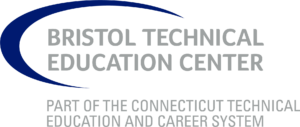The Precision Machining Program provides instruction on metal millers, grinders, lathes and computer-numerical controlled (CNC) machinery. Theory is taught every day and is directed to all phases of information needed to use the various machines and machine accessories, as well as setup and operation procedures. The remainder of the day is project oriented and students make the tools necessary for the trade.
Training includes the use of various accessories, such as the milling vise, dividing head, rotary table and angle iron. Students are taught the use of a large variety of measuring tools, such as the micrometer, vernier, gauge block and indicator.

